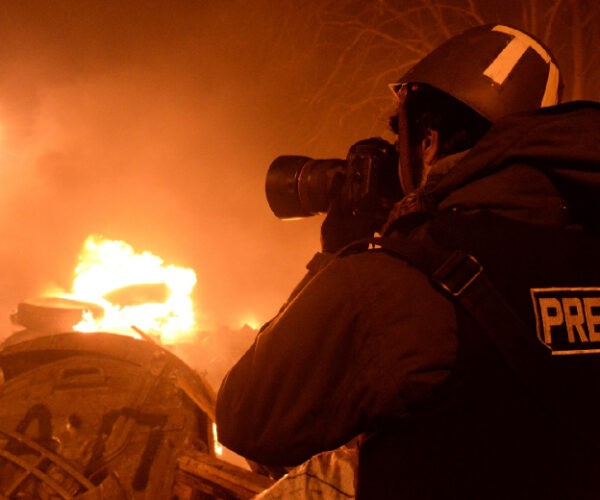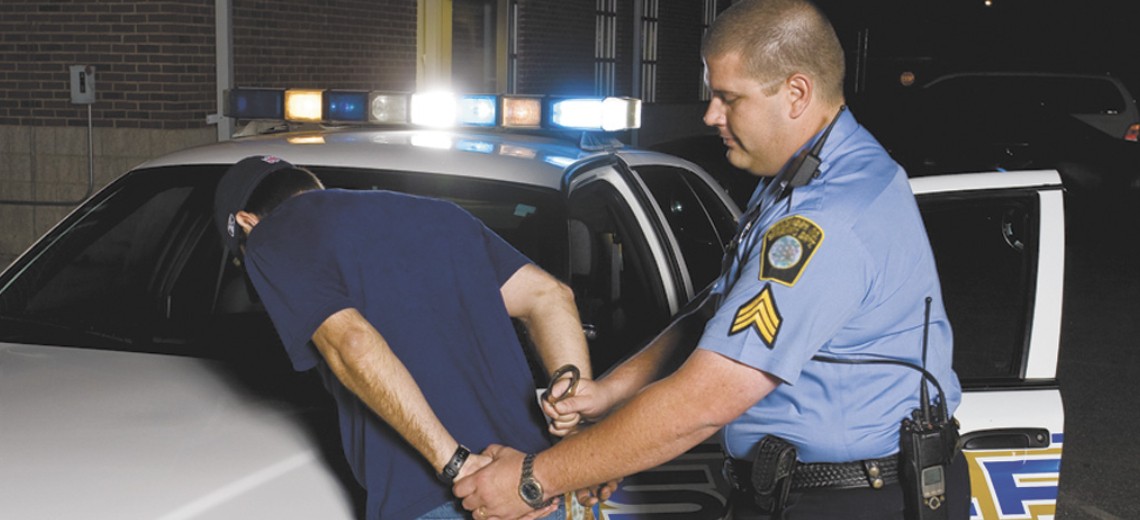The police department and police officers play a key role in preventing crime. There are several duties of police officers including detecting the crime and identifying the criminals. Police protect basic rights and protect people from threats. Thus they are rightly called the friend of a common man. The state government of each state administer the police department. It comes under the control of the Home Ministry. There are various heads working under the police department namely Director-General, Superintendent of Police, Commissioner, Inspector and lot more. The peace and order of a country are mainly dependent on the effective functions of police officers.
Roles and Duties of Police Officers
Police officers, of course, play a very responsible role in preserving the peace of people and protecting them from anti-social elements. They take up the role of preventing illegal activities and also try to identify the people who are responsible for crime or illegal activities. Some of the other crucial roles of police officers are listed below.
Police take serious efforts in preventing crime against common people
They make sure that all public properties of a particular area or country are safe and secure. They ensure the personal safety of people. It is the duty of the police to take the required actions against the complaint offered by a common man. Police take serious step to reduce terrorist activities and their infiltration. They perform patrols and prevent the sale of illegal stuff.
They offer special security for the protection of various VIP and other important government officials. They make sure that the human rights of people are protected irrespective of the status, caste and creed. They protect people from various unexpected threats.
Basic Functions of Police Officers
Police officers generally perform three basic functions. These functions are listed below.
Perform Social Service: The social needs of the public are met with the help of the police officers.
Maintain Law and Order: Police officers are responsible for maintaining the basic law and order matters of a city. This helps people to lead a happy life without any fear. They are responsible for maintaining peace in the entire country. They make sure everything in the country is in order and based on the law. The lawbreakers are brought in front of the court where they are offered with punishments.
Prevent Criminal Activities: Several criminal activities like theft, burglary, murder, kidnap, blackmail etc are the common threat to the lives of the common man. Police officers work day and night so that no criminal activities take place in the country. They make sure to identify, search and arrest criminals so that people can live in peace.
Find Out More About : Tips On Investigative Journalism – Dos And Donts
Investigative Powers of Police Officers
The code of criminal procedure is a significant criminal procedure of criminal law in India. Based on the preamble of Police Act, police officers possess several investigative powers. The following are some of the special investigative powers offered to police officers. The following investigative powers would help police officers to perform their functions and duties effectively.
Document Checking Powers: Police officers when investigating a case posses the rights to check and verify the documents related to the offence or crime. The police have the right to check the vehicle-related documents of criminals or suspects.
Investigating Suspect: The suspect of a crime can be investigated by police officers anytime. This is based on the CrPC of the police act. This helps them to find the actual accuse and bring into light the criminal to society.
Investigating Witness: The police posses general powers to perform an investigation of the witness related to a crime or offence.
Searching Powers: Police officers are offered with the right to search the house of the criminals or suspects.
Power Of Investigating Cognizable Offence:
In the case of cognizable offences, the investigation can be performed without the consent or order of the magistrate. This investigative power is based on the clauses and procedure of 156 crPc. The police officer in charge of a police station is offered with powers to initiate the investigation process of cognizable offences. They also possess the power to arrest the suspect without a warrant.
Power of Investigating Non-Cognizable Offense:
A non-cognizable offence can be investigated by the police officers based on the orders issued by the magistrate.
The above are the roles, functions and basic duties of police officers. The investigational powers of police officers are also explained in detail in the above article.






